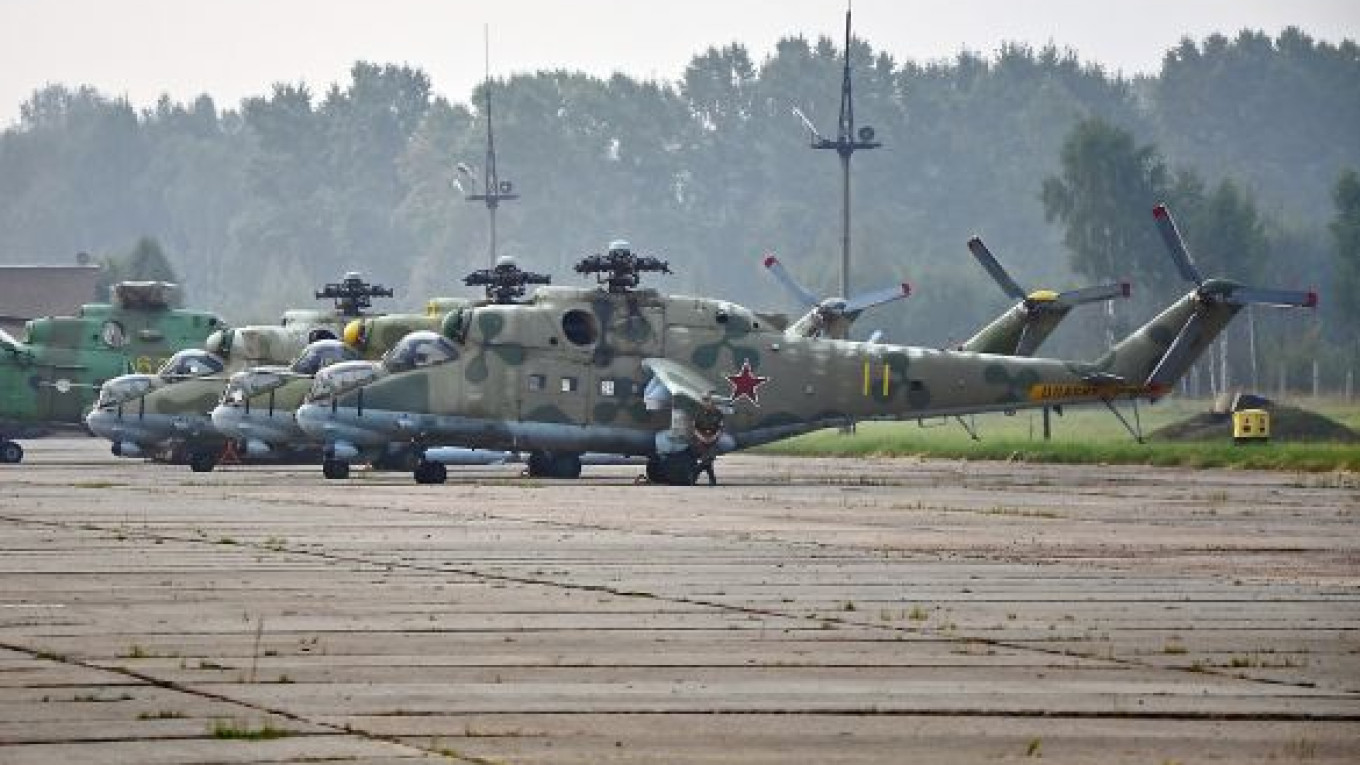UTair airlines has announced ambitious plans to turn a Kaluga region airport located less than 100 kilometers from Moscow into a hub for low-cost airlines.
The airline has signed a $2 billion agreement with the Kaluga region government to base up to 20 Airbus A320 aircraft at Yermolino Airport, which was exclusively used by the Interior and Defense ministries until recently, Vedomosti reported Wednesday, citing a representative of the airline.
The carrier is now looking to attract 6 billion rubles ($200 million) in investment to build a terminal with a capacity of 6 million passengers per year, Andrei Martirosov, UTair's chief executive, said at news conference.
UTair's announcement comes four months after the government altered the airport's status from a military air base to a dual-purpose facility, granting the Khanty-Mansiisk-based airline permission to use the airport in the process.
According to Martirosov, UTair would have financed Yermolino's development by itself, but the Federal Anti-Monopoly Service stepped in to block the move. Developing the airport will partially relieve the burden on the capital's airports, as planes are now forced to wait for up to an hour before receiving permission to land, he added.
Unidentified sources in the Kaluga region government told Vedomosti that they were drafting a business plan for the airport's future development in collaboration with UTair.
UTair is also holding talks with Russian Railways and Aeroexpress about setting up a high-speed rail service to the new airport from Vnukovo, which is also located to the southwest of Moscow, although Russian Railways representatives said the talks were still at an early stage. A rail trip from the center of Moscow to the Yermolino airport could take from 60 to 90 minutes, experts said.
Related articles:
A Message from The Moscow Times:
Dear readers,
We are facing unprecedented challenges. Russia's Prosecutor General's Office has designated The Moscow Times as an "undesirable" organization, criminalizing our work and putting our staff at risk of prosecution. This follows our earlier unjust labeling as a "foreign agent."
These actions are direct attempts to silence independent journalism in Russia. The authorities claim our work "discredits the decisions of the Russian leadership." We see things differently: we strive to provide accurate, unbiased reporting on Russia.
We, the journalists of The Moscow Times, refuse to be silenced. But to continue our work, we need your help.
Your support, no matter how small, makes a world of difference. If you can, please support us monthly starting from just $2. It's quick to set up, and every contribution makes a significant impact.
By supporting The Moscow Times, you're defending open, independent journalism in the face of repression. Thank you for standing with us.
Remind me later.


